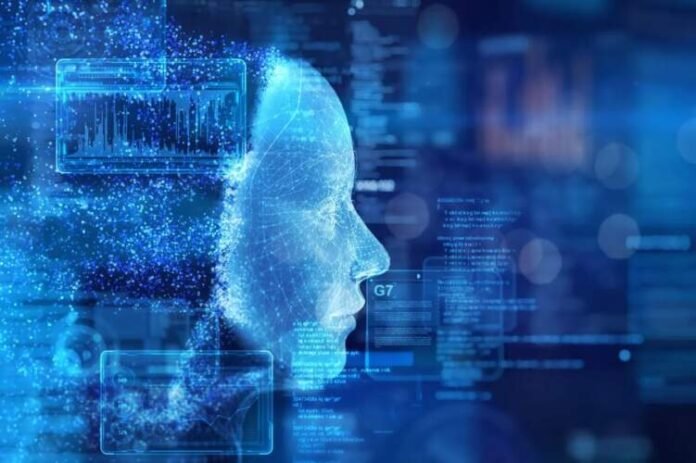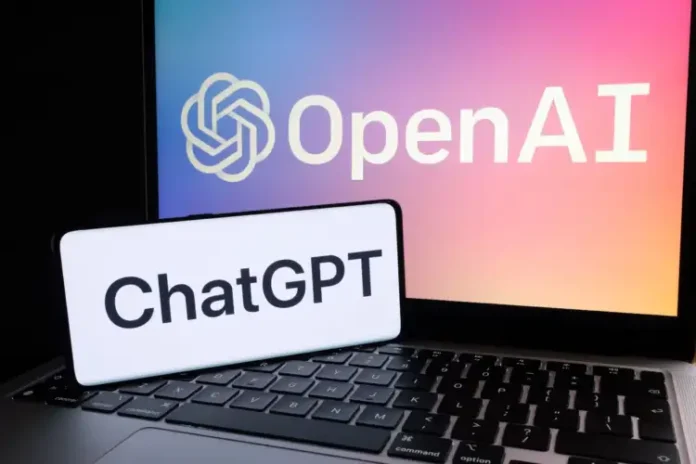Artificial intelligence (AI) has taken over various industries in the last few years, and the world of software development is no exception. Developers have started using AI coding tools more frequently as demands for faster and more efficient coding increase. The evolution is most evident in the Integrated Development Environments (IDEs), which have seen significant changes to include AI capabilities. This blog post delves into the evolution of IDEs, the role of AI coding in modern development tools, and what the future holds for AI-assisted programming.
What Are IDEs and Their Importance in Software Development?
An Integrated Development Environment is a software suite which offers the developers comprehensive facilities for software development. It integrates tools such as code editor, compiler, debugger, and other utilities in order to create an environment which streamlines coding. Developers can write, test, and debug codes in such environments more effectively and feature syntax highlighting, code completion, and version control among others.
IDEs have become more complex over the years, developing from simple text editors into robust platforms that meet the complex needs of modern developers. They have become central to the software development process, allowing developers to work faster and with fewer errors, which is critical in today’s fast-paced development landscape.
The Rise of AI Coding
AI coding, or artificial intelligence-driven coding, refers to the use of machine learning and AI algorithms to help developers write, test, and debug code. Tools powered by AI can analyze huge amounts of data, learn from it, and even provide suggestions, automate repetitive tasks, and even generate code snippets automatically. Now, these AI capabilities are being integrated into the most popular IDEs, making development processes smarter and more efficient.
In the olden days, coding was a manual task: developers had to write lines one by one. However, with AI assistants in coding, developers are enabled to use AI algorithms for predicting the next lines, suggesting improvements, bugs identification, and even producing the whole blocks of code in minimal input from the developers.
The Evolution of IDEs and AI Integration
The evolution of IDEs has been marked by the inclusion of AI technologies, transforming the traditional development environment into intelligent, self-improving tools. Modern IDEs cannot function without AI-powered features to help developers write, debug, and optimize code in ways previously unimaginable.
From Basic Text Editors to Intelligent Platforms
The earliest programming days saw programmers coding in simple text editors. They lacked intelligent assistance, and their developers depended solely on the developer’s knowledge and experience. With the complexity of the software projects, though, there was a clear need for more advanced tools.
The first major change in the IDEs came with features like syntax highlighting, line numbering, and some basic debugging tools. This made the writing of code easier because it gave better visual structure and helped identify errors quickly. But what really played the game was the feature of code completion, where it predicted the next words or lines of code to be written.
As the demand for more sophisticated capabilities increased, developers began including tools for version control, team collaboration, and real-time feedback. Today’s IDEs are far removed from their primitive ancestors, providing features such as refactoring tools, integrated testing environments, and real-time code collaboration.
The Role of AI in Modern IDEs
The integration of AI into IDEs represents the next major leap forward in the evolution of developer tools. AI coding assistants are now becoming common in most IDEs, offering several features that were previously impossible or highly time-consuming to implement manually. Let’s look at some of the key features AI brings to modern IDEs.
AI-Powered Code Completion
One of the most popular AI features in IDEs today is AI-powered code completion. This feature goes beyond traditional code completion tools that simply predict the next token or function name based on previously typed characters. AI coding tools analyze the context of the code being written, predict the developer’s intentions, and suggest entire blocks of code or functions.
For example, for a developer writing a function processing user data, an AI-powered IDE can automatically bring forward the best methods and logic to process that kind of data based on previous use cases. This prevents developers from having to tediously search through documentation or, worse, re-implement known patterns, which improves the speed and accuracy of it all.
Code Debugging and Error Detection
AI is also greatly improving the debugging process in modern IDEs. AI-based debugging tools can automatically scan the entire codebase for potential bugs, identify issues related to code quality or security, and even suggest fixes. These tools are constantly learning from vast datasets, enabling them to detect patterns and predict where bugs are most likely to occur in new code.
Traditional debugging methods often require manual step-by-step code traversal in finding problems. With the rise of AI coding, all of this is somewhat taken away from the developers to enable them to do high-level design and logical aspects more. AI now flagging issues in real time when developers are actually coding; hence, there are chances that errors are much lesser as they make their way into production.
AI Assisted Code Refactoring
Code refactoring is an essential part of the software development lifecycle. However, it can be a tedious and error-prone process, especially in large codebases. AI tools now offer intelligent refactoring capabilities, helping developers restructure code in a more efficient way without changing its functionality.
AI-powered IDEs analyze existing code and recommend improvements, such as simplifying complex expressions, eliminating redundant code, or improving performance. This means developers can improve code quality without having to manually review and rewrite large portions of the codebase.
The Future of AI Coding in IDEs
The future of AI in coding within IDEs is full of promise, and still more advanced tools and features are in the offing. As AI progresses further, IDEs are sure to become even more intelligent and capable of providing a deeper insight into the pattern of coding, automating larger portions of the development process, and further improving the collaboration.
Some of the key advancements we can look forward to include:
Context-Aware AI: Even more capable of understanding the context of a developer’s project, these future AI tools will offer more precise code suggestions and bug detection with regard to the specific application or framework being used.
Automated Code Generation: As AI coding continues to advance, developers will probably be able to input simple requirements or logic and have the AI generate entire blocks of code autonomously, saving development time dramatically.
AI-Powered Code Review: AI may play a central role in automated code reviews, analyzing code for style, performance, and security issues, while also offering suggestions for improvement.
Collaboration Enhancement: AI will help remote development teams collaborate more effectively by automatically suggesting improvements, identifying inconsistencies, and even merging code changes intelligently.
Conclusion
AI coding is a vital part of modern software development. With its wide range of benefits for developers, there’s no doubt that with advancements in AI, this technology will only be better integrated into IDEs as it develops the process for making things faster, easier, and less error-prone. The future of coding in terms of AI-powered code completion and debugging, among others, seems brighter than ever.
Next-generation IDEs must include AI coding tools for developers and teams looking to streamline workflows and stay ahead of the curve. As AI tools continue to improve, so will the boundaries of what can be achieved in software development, allowing developers to focus more on creativity and innovation while automating repetitive, mundane aspects of coding.
AI coding is not just a trend; it’s the transformation force in the world of software development, which makes this era exciting for developers to create new possibilities and harness power in their projects.




